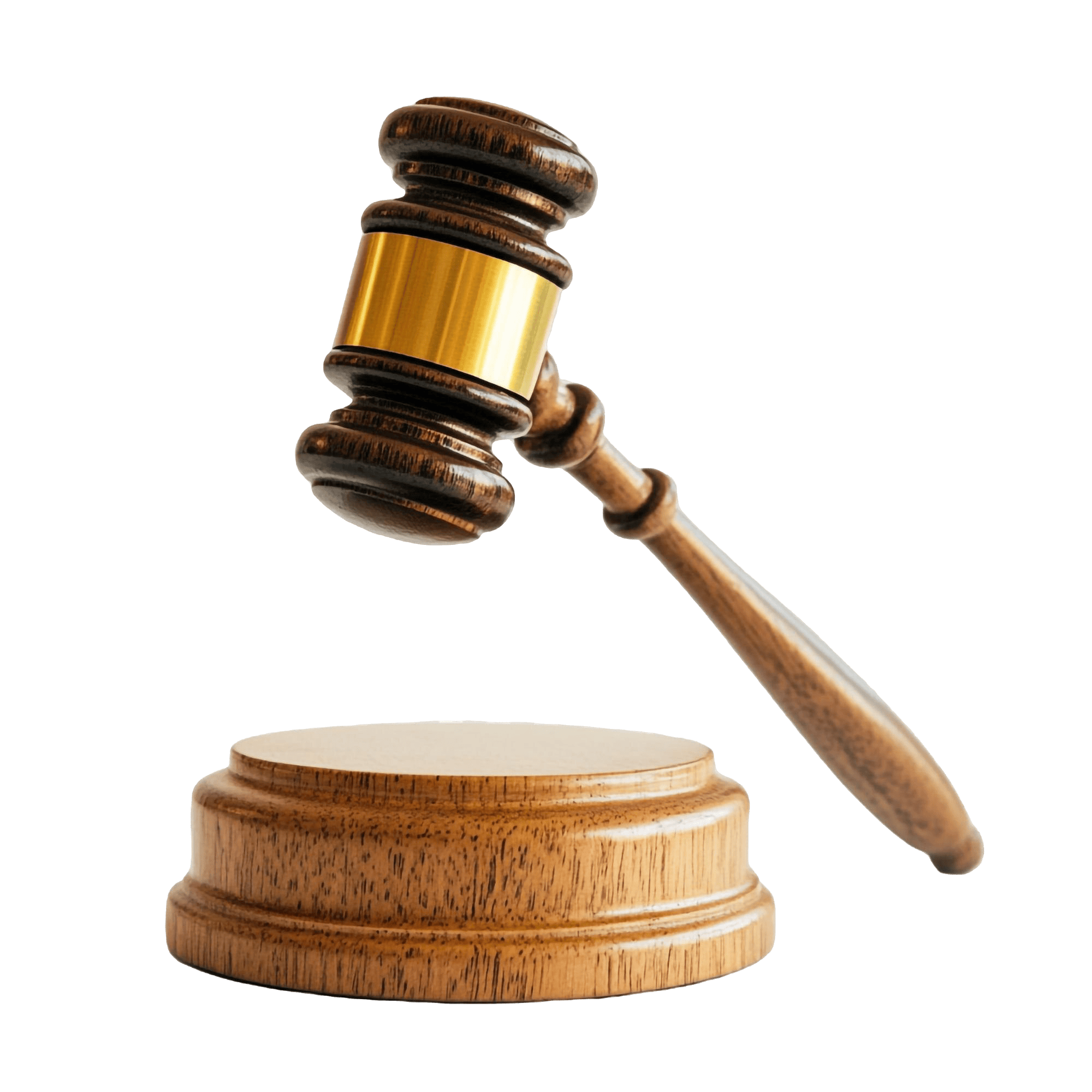
Employee Compensation Act
For employers and HR leaders, understanding workplace liabilities is not optional. The Employee Compensation Act was introduced to ensure that employees who suffer injuries, disabilities, or death in the course of employment receive proper compensation. While the law primarily safeguards workers, its compliance requirements directly affect employers.
What is the Employee Compensation Act?
The Employees Compensation Act 1923 bare act, outlines the responsibility of employers to compensate workers for injuries or fatalities arising out of and in the course of employment. For management, this means creating a system that anticipates workplace risks and prepares for statutory obligations.
What Does Section 3 of Employees Compensation Act Mean?
Section 3 of Employees Compensation Act defines the liability of employers. If an accident occurs during the course of employment, the employer is required to pay compensation, unless the injury does not arise out of employment or is self-inflicted. For HR heads, this section emphasises the importance of clear safety protocols, proper documentation of incidents, and adherence to reporting requirements.
How is Compensation Calculated Under Section 4 of Employees Compensation Act?
Section 4 of Employees Compensation Act explains how compensation amounts are determined. The calculation depends on factors such as the employee’s monthly wage, age, and nature of the injury (temporary, permanent, partial, or total disablement). For employers, this section highlights the need for accurate wage records and timely assessment of claims.
Why Should Employers Care About Compliance with the Act?
Compliance with the Employee Compensation Act is not just a legal necessity but also a business strategy. Delays or errors in compensation can damage an employer’s reputation, invite penalties, and negatively affect productivity. With unions becoming more vigilant and employees more aware of their rights, employers need to integrate compliance with the Employees Compensation Act 1923 Bare Act into their risk management practices.
How Our Firm Supports Employers
Our firm specialises in helping employers, HR leaders, and management teams navigate the complexities of the Employee Compensation Act. We ensure that businesses interpret and apply key provisions, such as Section 3 and Section 4 of the Act, accurately and in line with legal requirements.
Frequently Asked Questions
Employers must provide compensation to workers who suffer injury, disability, or death during employment. This responsibility is outlined in the Employees Compensation Act 1923 bare act, ensuring financial security for workers and legal compliance for employers.
HR heads should use Section 3 of Employee Compensation Act as a compliance checklist. It defines liability clearly, making it important to document incidents, maintain records, and ensure all accidents are reported and addressed within legal timelines.
Because section 4 of Employees Compensation Act specifies compensation calculations, errors in wage records or misclassification of injuries can lead to disputes and penalties.

